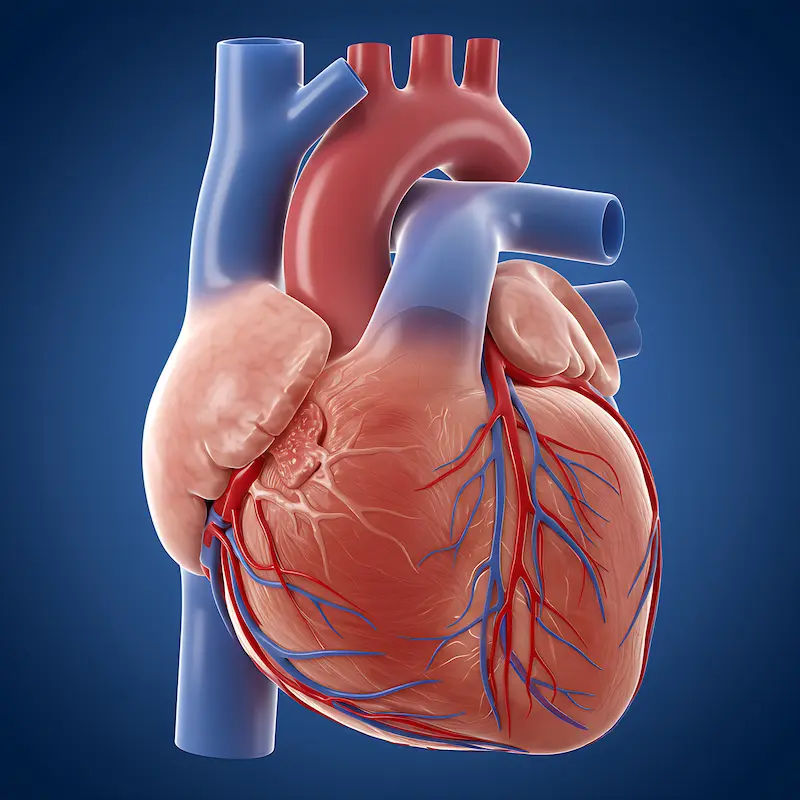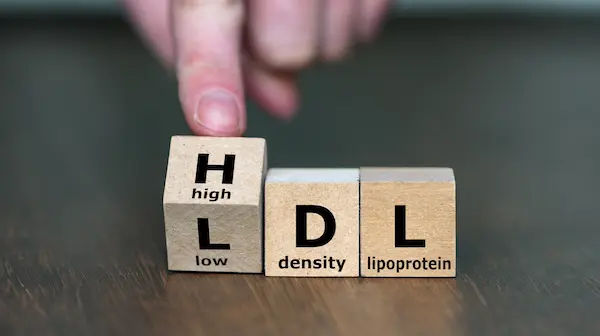- female
- 50 Years
- 22/01/2025
I'm feeling really shaky and I've been having these spells of dizziness, lightheadedness, and nausea. I've been keeping an eye on my blood pressure since around 5pm, and it's been all over the place. It started at 12987 with a pulse of 75, then went to 13994 with a pulse of 89, 13795 with a pulse of 84, 13387 with a pulse of 70, and now it's at 13290 with a pulse of 76. I made sure I was sitting up straight and resting before and during each check. I'm really trying to figure out what's going on with me. Can you help?
Answered by 1 Apollo Doctors
Your symptoms of shakiness, dizziness, lightheadedness, and nausea, combined with fluctuating blood pressure readings, may indicate dehydration, anxiety, or an underlying condition such as orthostatic hypotension, hypoglycemia, or autonomic nervous system dysfunction; consider consulting a healthcare professional for a thorough evaluation and potential tests, such as blood work or an ECG, to determine the underlying cause.
Dr. Dr Khaleel Suggests...
Consult a Cardiologist
Answered 04/07/2025
0
0

More Cardiology Health Queries
View allI'm really worried about my husband. He's been waking up in the middle of the night sweating and struggling to breathe, and this has happened twice in just three days. We checked his blood pressure both times he woke up, and it was 148110 with a pulse of 75 the first time, and 140100 with a pulse of 85 the second time. He usually takes TeldayH every day for his high blood pressure, which generally keeps it under control. His blood sugar levels were also normal when we checked them yesterday, and his ECG was fine in January. He did have a gout attack around the same time, and his uric acid levels were 8.7 then, and he's also dealing with high cholesterol. Right now, he's on Febuxostat and Jupiros. I'm just trying to figure out why he's having these night sweats and breathing problems. Could it be related to his medication or something else?
Ecg and cardiac markers are advised to the patient. Rest contine all the medications.Also tablet levocetrizine 10 mg at bedtime,orally for 5 days is advised . Steam inhalation and saline gargles is also advised to the patient.
Answered by 1 Apollo Doctors
I recently had a TMT and an ECG done, and the ECG is attached for reference. The TMT report mentioned no ischemia, but I'm still getting some random chest pains, especially when I'm lost in thought. I've been given an antacid for it. How long is the TMT result considered valid?
The validity of a TMT (Treadmill Test) can vary depending on individual circumstances, but generally, it is valid for 1-2 years for individuals with a low risk of heart disease. Since your TMT report shows "No Ischemia" and you are experiencing random chest pain, it is important to follow up with your healthcare provider for further evaluation. In the meantime, you can continue taking the antacid as prescribed. If the chest pain persists or worsens, please consult your doctor for further assessment and management.
Answered by 1 Apollo Doctors
What 3 foods cardiologists say to avoid?
Refined sugars, processed foods and high fat content food
Answered by 1 Apollo Doctors
Disclaimer: Answers on Apollo 247 are not intended to replace your doctor advice. Always seek help of a professional doctor in case of an medical emergency or ailment.





